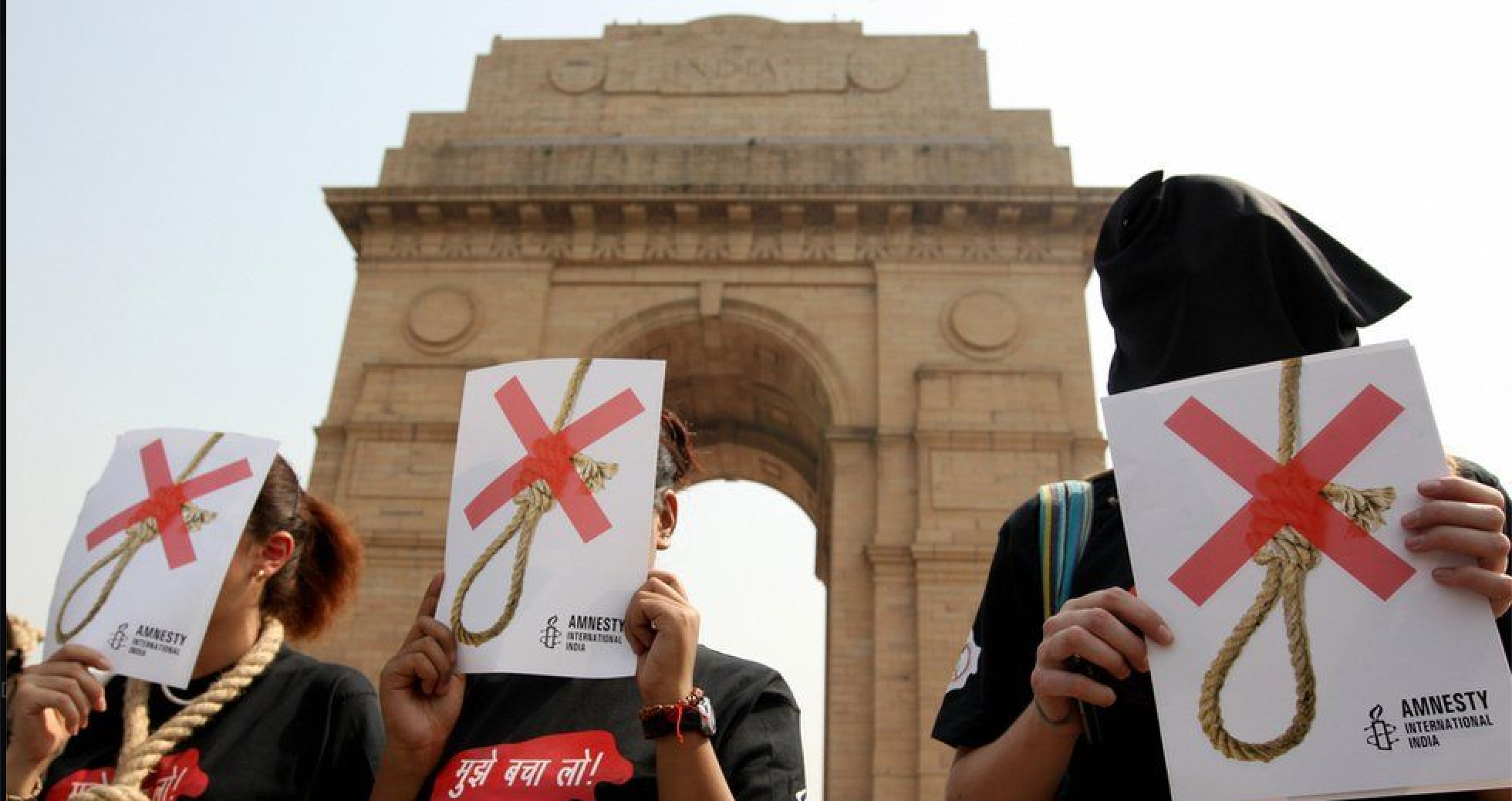India’s Foreign Contribution (Regulation) Act, 2010, (FCRA) is unlawfully obstructing the critical work of non-governmental organizations in India, the ICJ said in a briefing paper released today.
The ICJ called for immediate action to repeal or revise the offending provisions in the law.
The briefing paper identifies the FCRA as “a tool to silence Indian Civil Society Organizations”. It shows how the FCRA – by its own terms and as applied by the authorities – fails to comply with India’s international legal obligations to respect and protect the rights to freedom of association, expression, peaceful assembly, and the right to take part in the conduct of public affairs.
The FCRA regulates access to foreign funds and prohibits their receipt for any activities purportedly “detrimental to the national interest”.
The ICJ underscores the imprecise and overbroad language of the FCRA, which has left it open to abusive and arbitrary application by the Indian authorities. Civil Society Organizations (CSOs) may be prevented from accessing foreign contributions when the groups or their activities are characterized as of a “political nature” or acting against “public interest”, or against “strategic, scientific or economic interest” or “security”.
“By restricting NGO access to foreign funds meant for the NGO sector, the Indian Government is using the FCRA selectively to silence critical voices,” said Ian Seiderman, ICJ’s Legal and Policy Director.
“As recognized by the UN Charter, international cooperation, including through financial assistance, is fundamental to the protection of human rights, and CSOs should be encouraged rather than prevented from engaging in such cooperation to facilitate their critical work,” said Ian Seiderman.
On 20 October 2020, UN High Commissioner for Human Rights, Michelle Bachelet, expressed concern that the FCRA was being used to “deter or punish NGOs for human rights reporting and advocacy”.
Since 2014, the Indian Government has cancelled the FCRA licenses of more than 19,000 NGOs, including high profile organizations such as the Lawyers Collective, Greenpeace India, People’s Watch, Compassion International, and Public Health Foundation of India. The grounds for these cancellations include “non-compliance with reporting requirements” and activities deemed “political” or against “national interest” and “economic security”. On 10 September 2020, India froze the accounts of Amnesty International India on the allegation that it had circumvented the FCRA. The action forced Amnesty International India to halt its India operations.
“We see the authorities continuing their clampdown on Indian human rights defenders through arbitrary arrests, restrictions on travel and other forms of harassment. We urge the Indian Government to protect rather than repress human rights defenders in India, whose work is vital to the rule of law in the country,” Seiderman said.
Contact
Osama Motiwala, ICJ Asia-Pacific Communications Officer, e: osama.motiwala(a)icj.org
Background
In the briefing paper, entitled “India’s Foreign Contribution Regulation Act: A Tool to Silence Indian Civil Society Organizations”, the ICJ answers the following questions:
- What is the Foreign Contribution Regulation Act? How does it affect NGOs?
- Which prohibitions in the FCRA are of concern to NGOs?
- What do the Indian Courts say about the overbroad restrictions on the receipt of foreign funds for NGOs in the FCRA?
- Is the FCRA compliant with India’s obligations under international human rights law?
- How have civil society organizations been targeted or adversely impacted by the FCRA?
- Is there a pattern of Indian Government targeting NGOs, lawyers and human rights defenders?
- How does the Government apply the prohibition on organizations of a political nature receiving foreign funding to political parties?
Further Reading
- India: FCRA Amendment 2020 will undermine the work of Civil Society
- India: Authorities must stop harassment of Lawyers Collective and repeal Foreign Contribution (Regulation) Act
- Joint Open Letter to the Indian Government calling for the release Of human rights defenders at risk
Download

